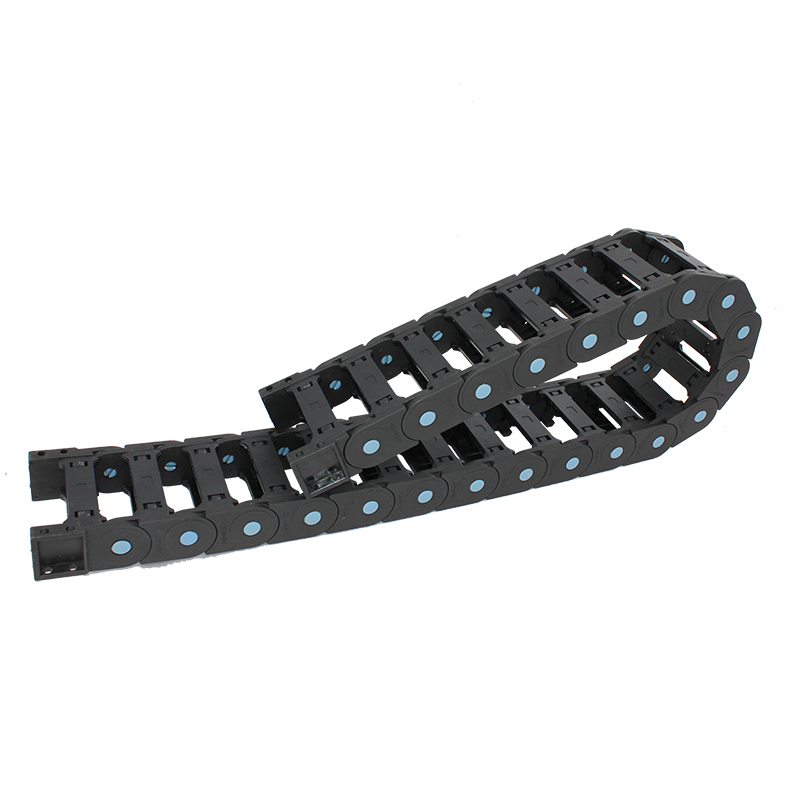corrugated plastic electrical conduit
Corrugated Plastic Electrical Conduit An Overview
Corrugated plastic electrical conduit has become an increasingly popular choice in both residential and commercial settings for protecting electrical wiring. Its unique composition and design offer numerous advantages over traditional conduit materials, making it a go-to solution for many electrical installations.
One of the primary benefits of corrugated plastic conduit is its lightweight nature. Unlike metal conduits, which can be heavy and cumbersome, corrugated plastic is easy to handle and install. This characteristic significantly reduces labor costs and installation time, making it an attractive option for electricians and contractors. Additionally, its flexibility allows it to be easily routed around obstacles, offering versatility in various installation scenarios.
Durability is another key feature of corrugated plastic conduit. It is resistant to corrosion, rust, and chemical degradation, which makes it suitable for both indoor and outdoor applications. This ability to withstand environmental stresses ensures that the conduit remains functional over time, providing lasting protection for electrical wiring. Furthermore, the corrugated design enhances its strength, allowing it to cope with physical impacts without compromising its integrity.
corrugated plastic electrical conduit

Electrical safety is a critical aspect of any wiring installation, and corrugated plastic conduit excels in this area
. It offers excellent insulating properties, which help prevent electrical shorts and other hazards. Additionally, the smooth inner surface of the conduit minimizes friction, reducing the risk of damage to wires during installation and future maintenance.Installation of corrugated plastic conduit is straightforward. It can be cut to the desired length with standard tools, and connections can be made using standard fittings, ensuring compatibility with various electrical systems. This ease of installation translates to a more efficient workflow on job sites, further solidifying its appeal in the electrical industry.
Moreover, corrugated plastic conduits are often manufactured in a variety of colors and sizes, allowing for customization based on specific project needs. This range makes it easier for installers to adhere to color coding requirements, which is crucial for efficient electrical maintenance and safety.
In conclusion, corrugated plastic electrical conduit represents a modern and effective solution for protecting electrical wiring in diverse environments. Its lightweight nature, durability, insulating properties, and ease of installation make it a preferred choice among professionals. As more contractors recognize the benefits of corrugated plastic conduits, we can expect to see continued growth in their use, reinforcing their role in advancing electrical safety and efficiency.








